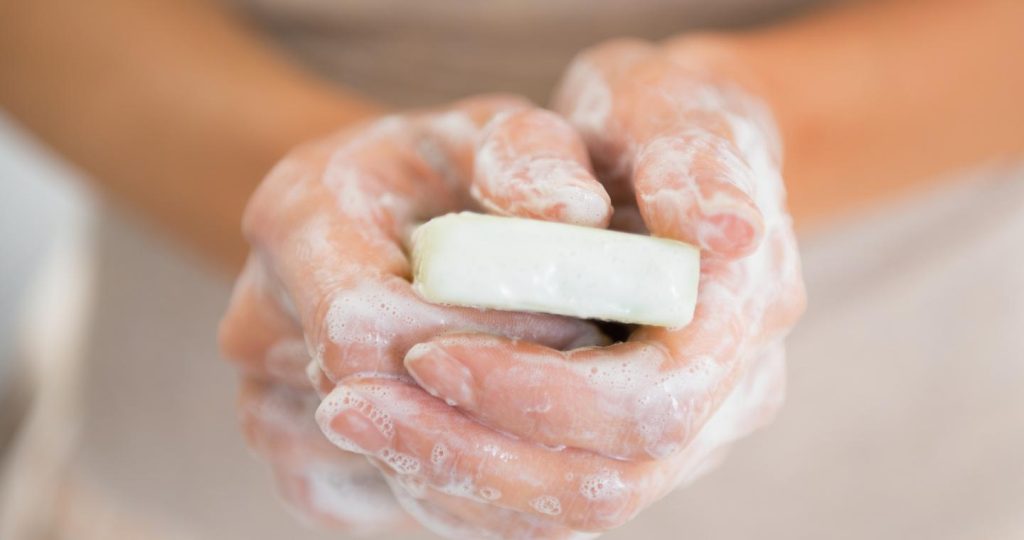What is salicylic acid?
Salicylic acid is a beta-hydroxy acid (BHA), which is a type of exfoliating acid. The other type is AHA, or alpha hydroxy acid, and this includes ingredients such as glycolic and lactic acid.
A beta-hydroxy acid is one where the hydroxy part of the molecule is separated from the acid part by two carbon atoms. This structure makes it more oil-soluble, allowing it to penetrate deeper into the pores of the skin
Salicylic acid has anti-inflammatory and antibacterial properties.

How does it work?
Salicylic acid can penetrate deep into the skin to do its job. This precisely makes salicylic acid a potent ingredient to target acne. Salicylic acid dissolves dead skin cells that clogs pores, acts as an anti-inflammatory. It helps acne and pustules go away faster.

What are the benefits of salicylic acid for the skin?
Anyone can use salicylic acid, but it’s especially useful for people with oily or acne-prone skin. Here’s what it can do:
• Penetrates deep into pores
• Loosens dead skin cells
• Clears clogged pores
• Reduces sebum secretion
• Reduces inflammation and redness
• Helps to break down pimples and comedones
Salicylic acid improves the skin’s appearance, reduces blemishes and helps to prevent blackheads and breakouts.
As it’s oil-soluble, salicylic acid can penetrate down into pores and dissolve excess sebum and debris, making it ideal for oily and acne-prone skin,’ explains dermatologist, Mrs. Singh. ‘It also regulates oil production.’
‘An anti-inflammatory effect can help skin to look less red and inflamed,’ she continues. ‘The general exfoliating effect will help the skin look brighter and smoother and allow other skincare products to penetrate the skin more effectively.’
Salicylic acid can be found in face washes, toners, leave on spot treatments, moisturisers, face masks and plasters.
It’s also used in treatments to reduce thickened skin in conditions like psoriasis, keratosis pilaris, calluses, corn or wart treatments.

Are there any side effects associated with salicylic acid?
Salicylic acid is considered safe to use on the skin. However, as with all skincare products, it is important to be aware of any adverse effects that it may have. Always carry out a patch test before using a new skin product for the first time.
The most common side effect is irritation. If you experience any of the following, stop using salicylic acid immediately and consult your doctor or dermatologist.
• Burning or tingling skin
• Dryness
• Redness
